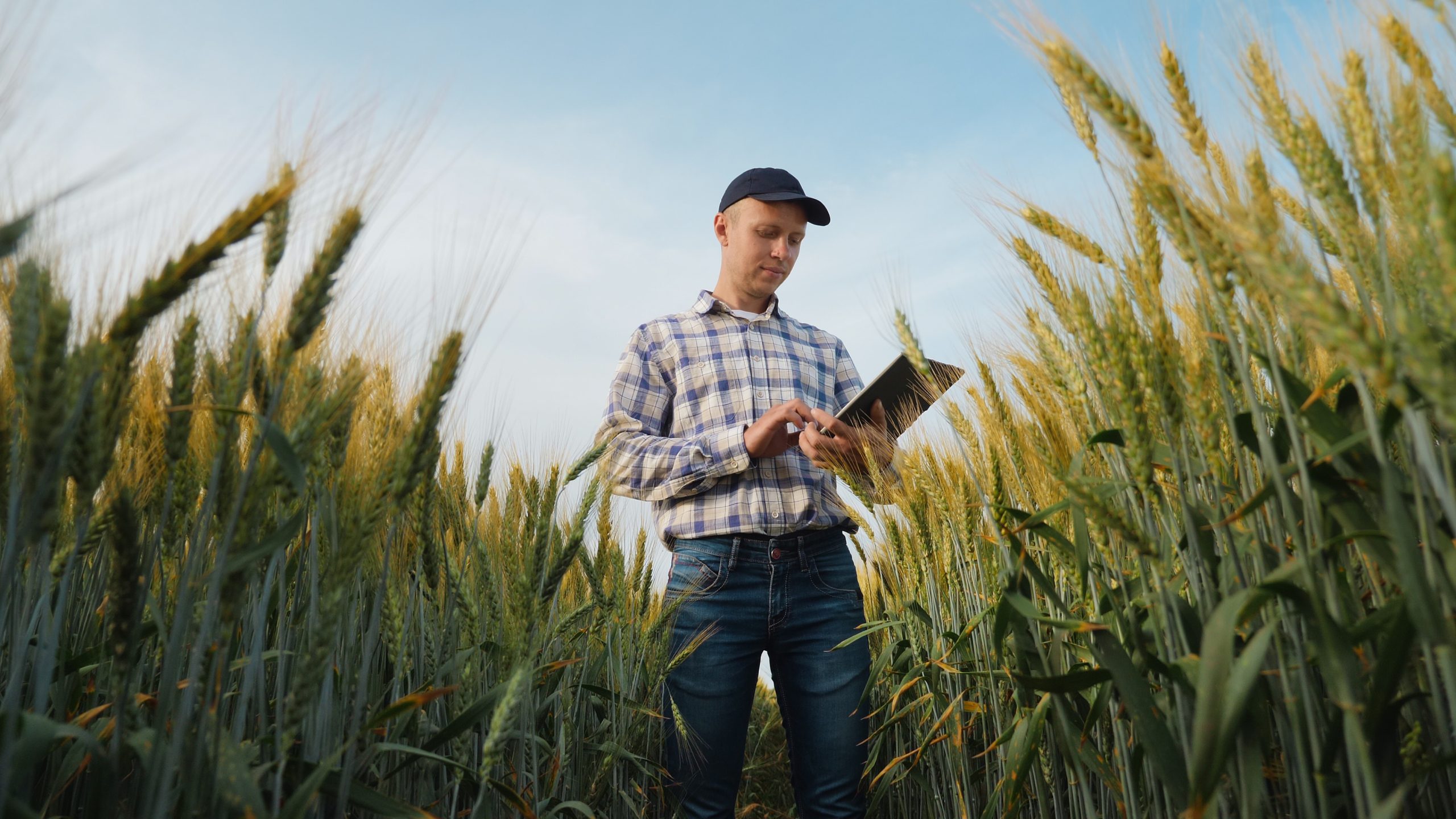How to choose a Certification Body that’s right for you

Certifications play a crucial role in helping brands add credibility to their sustainability goals and live authentically by their values.
From reducing water use and waste to safeguarding the health and safety of industry workers on a global scale, companies now rely on a wide array of certification programmes to add proof to their sustainability promises.
With so many certification programmes to choose from, having a reliable and knowledgeable certification body in your corner allows you to build trust and assurance in your brand, navigate the complexities of the modern supply chain, and ensure your sustainability practices always meet the highest standards.
Therefore, in this insight, we’re uncovering three core aspects you should consider when choosing the certification body that meets the needs of your business, both in terms of your current requirements and future aspirations.
1. Your certification body should support you on your sustainability journey
Though audits are a crucial part of the certification process and must be conducted independently and transparently, your attempts to gain any certification should not be, at best, a tick-box exercise or, at worst, cause for blacklisting.
Every company is different. Across the world, we see a myriad of organisational and cultural differences that impact how companies conduct their operations. Therefore, when it comes to certifications, some organisations can make huge leaps in a relatively short space of time to improve sustainability, while others, including large enterprises with large volumes and a dense supply chain, must take smaller steps.
No matter where a client is on the road to sustainability, taking a long-term view is critical. It should reflect what can be realistically achieved now and the steps that can be taken soon or further down the line. Following your audit with Control Union, for example, a closing meeting is arranged to provide you with feedback, a list of follow-up actions, and the opportunity to discuss specific points. Far from a checkbox or blacklisting exercise, this approach helps you better understand the criteria of your desired certification and work toward conformance at your next audit.

2. Your certification body should understand and adapt to the changing global supply chain
Over the years, the process of converting raw materials to finished products has become increasingly complex. With more brands operating on a global scale than ever, governing the supply chain and ensuring all the key players in the process are aligned with the same sustainability goals can range from challenging to near impossible.
Even when all suppliers are on the same page, certification standards and criteria continually adapt to address new issues affecting your stakeholders, meet the demands of today’s consumers, and align with new regulatory mandates.
With over 100 years of experience, we have navigated sweeping changes in global supply chains and shifting regulations across multiple continents. We have had every challenging discussion and answered just about every question imaginable while still making it our priority to keep learning and adapting. This has often led to the development of new standards, solutions, and tools to help our clients stay ahead of the curve.
3. Your certification body should combine a global network with local knowledge
From brands to suppliers to consumers, stakeholders with an interest in your certification are wide-ranging and often span multiple locations. In today’s vast supply chains, numerous steps must be taken before a product reaches the end user. In fact, the consumer is often so far away from the means of production that they are completely unaware of the challenges being faced in the field that certification can address.
Therefore, though global reach is essential to achieve a comprehensive oversight of the entire supply chain, this must be balanced with consistent communication with all parties from those with “boots on the ground”.
By operating from 274 offices in over 80 countries, we have developed the infrastructure to maintain close relationships with stakeholders at every level, including contact with the final buyers. Across our global locations, our certification experts are also well-versed in local contexts, cultures, and regulations, allowing us to bridge the gap between international standards and regional practices.
This widespread presence, mixed with a personal touch, not only facilitates clear and robust communication but also allows us to quickly address issues as they arise, providing the tailored guidance and support needed to foster trust across your entire supply chain.
Conclusion
Choosing a certification body is a critical decision that can significantly impact your brand’s credibility and sustainability efforts.
Therefore, selecting the right balance is essential. As we’ve explored here, your certification body should be impartial but also able to provide practical guidance on your next steps. They should have a vast knowledge of the global supply chain yet still be able to cultivate the individual relationships needed to educate a range of stakeholders and promote real change. Finally, a global presence should be supported by skilled certification experts with an intimate knowledge of their geographical location.
We understand that the journey towards sustainability is ongoing, and at times, it can feel complex and overwhelming. By choosing Control Union, you can rest assured that you have a certification partner with the expertise and credentials to help you on your way to increased sustainability while still providing tailored solutions that support your business and help you add proof to your promise.

How can we help you?
Would you like more specific information about our inspection and/or certification services? If you have any other questions, please do not hesitate to let us know; we will be happy to contact you.